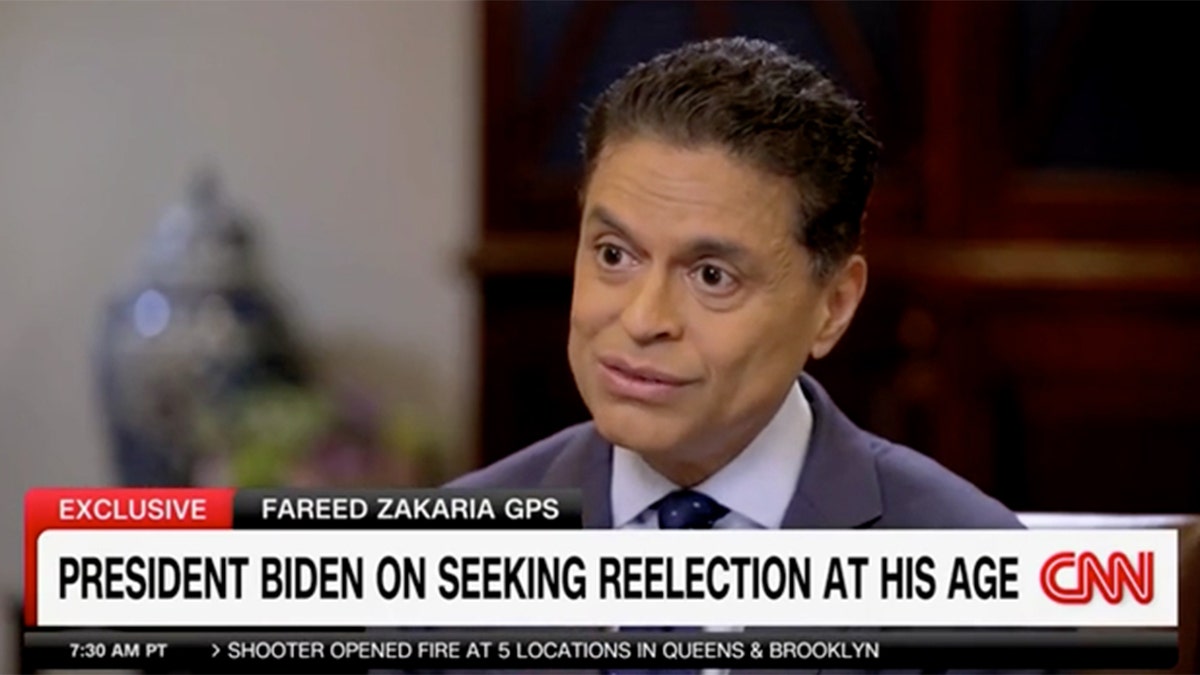Two North Dakota tribes, the Turtle Mountain Band of Chippewa Indians and the Spirit Lake Tribe, are currently engaged in a legal battle over the state's legislative district boundaries. They argue that the 2021 redistricting plan, orchestrated by the Republican-led Legislature, weakens the voting power of Native Americans residing on reservations, violating the Voting Rights Act of 1965.
The tribes' lawsuit, filed in 2022, contends that the new map unfairly concentrates Turtle Mountain tribal members into a single House district and excludes Spirit Lake from a majority-Native district. A federal judge previously rejected the state's attempt to dismiss the case, leading to the current trial in Fargo, expected to span five days.
At the heart of the dispute is the Legislature's creation of four subdistricts in the state House of Representatives during a November 2021 special session. These subdistricts include designated areas for the Fort Berthold and Turtle Mountain Indian reservations. While lawmakers justified these subdistricts based on 2020 census data and Voting Rights Act requirements, Spirit Lake's request for a similar subdistrict was denied. The tribes also put forth a proposal for a unified legislative district encompassing both reservations, approximately 60 miles apart, which was ultimately unsuccessful.

Although tribal members were elected in 2022 to represent the newly established reservation-area subdistricts, the tribes argue that their overall representation has diminished. This is highlighted by the absence of any enrolled tribal members in the state Senate for the first time since 1991.
During the trial, the tribes plan to present their own proposed district map, which they believe adheres to the Voting Rights Act. They will also draw upon the recent Supreme Court decision upholding a challenge to Alabama's congressional map as support for their case. A ruling in favor of the tribes could lead to a court-recommended map for legislative adoption, or potentially an appeal by the state.
A positive outcome for the tribes would be a significant victory, potentially resulting in shared senatorial representation and dedicated House members for each tribe. This aligns with the broader goal of enhancing Native American participation in the state's legislative processes.
Beyond the immediate impact on representation, this lawsuit reflects a larger, ongoing struggle between the tribes and the state government. Past conflicts have centered around voter identification requirements, which have posed challenges for tribal members living on reservations without standard street addresses. A separate lawsuit, initiated by Republican Party officials, challenges the constitutionality of the subdistricts, adding another layer of complexity to the issue.








